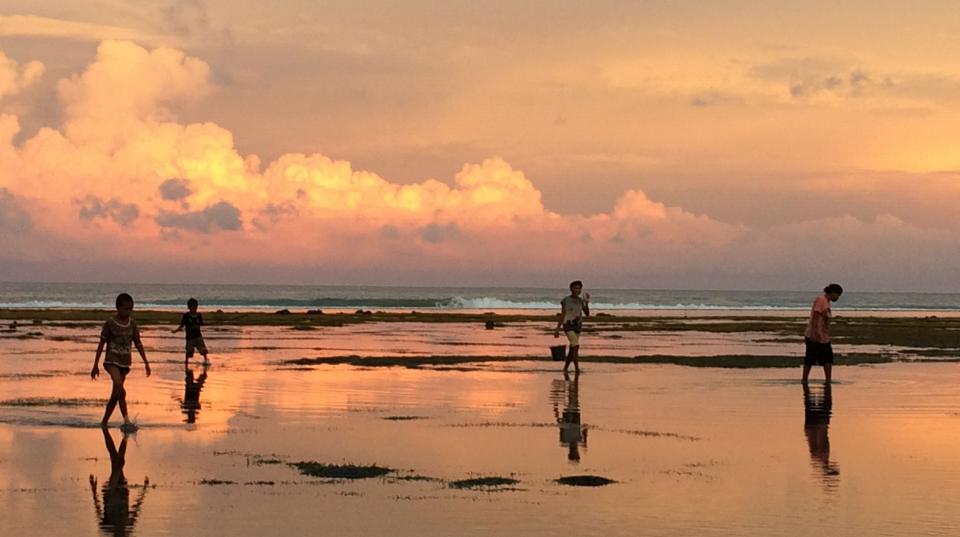Overview
This project aims to identify multiple drivers of illegal and legal Indonesian fishing in the Australian Fishing Zone, and potential opportunities for addressing gendered livelihood improvements of selected fishing communities in Nusa Tenggara Timor, Indonesia.
It also aims to produce evidence for viable community development and policy alternatives to the enforcement of Australia's borders, and it is anticipated this will be used to support livelihood improvements for fishing communities and reduce numbers of illegal fishing incursions. The Australian Fisheries Management Authority (AFMA) has observed a large influx of Indonesian vessels fishing illegally in Australian waters since the start of the COVID-19 pandemic in 2020. Deterrence attempts to provide alternative livelihoods to fishers active in the Australian Fishing Zone (AFZ) have had limited effect due to their lack of understanding of livelihoods and multiple drivers informing decisions.
The project will engage an Australian and Indonesian multidisciplinary social science research team to build capacity and knowledge to:
- situate illegal and legal fishing activities within a place-based assessment of livelihood trajectories
- identify the changing conditions that have led to the recent increase in illegal activity in Australian waters as a viable livelihood pathway in response to numerous drivers, and
- present an analysis of the research and evaluate opportunities for addressing behavioural drivers in the context of future livelihood interventions.
Expected project outcomes
- Understanding drivers and contexts of illegal Indonesian fishing in Australian waters influencing fisher decision making to participate in illegal activity.
- Applying mixed methods through capacity-building and co-designed activities with gendered fishers and households in illegal activity analysis.
- New approaches to understanding illegal fishing in AFZ through a gendered behavioural change view.
- Identifying evidence-based options for deterring illegal fishing and for livelihood improvements in vulnerable communities in Nusa Tenggara Timor (NTT).
- Better understanding of gendered livelihoods and drivers of livelihood decisions to engage in risky and illegal fishing.
- Better understanding of adapted capacity to livelihood vulnerability resulting in risk taking.
- Gendered target group participation in problem and solution identification.
- Better research capacity of Indonesian and Australian partners in social science research theories and methods, gender analysis, fisheries value chains and livelihoods assessments.
- Evidence for viable policy and livelihood options to complement current enforcement measures leading to reduction in illegal fishing in medium to long term.
- Knowledge for Australian and Indonesia governments and partners to develop a phased investment project to address livelihood sustainability in select NTT communities engaged in legal and illegal fishing in the AFZ.



